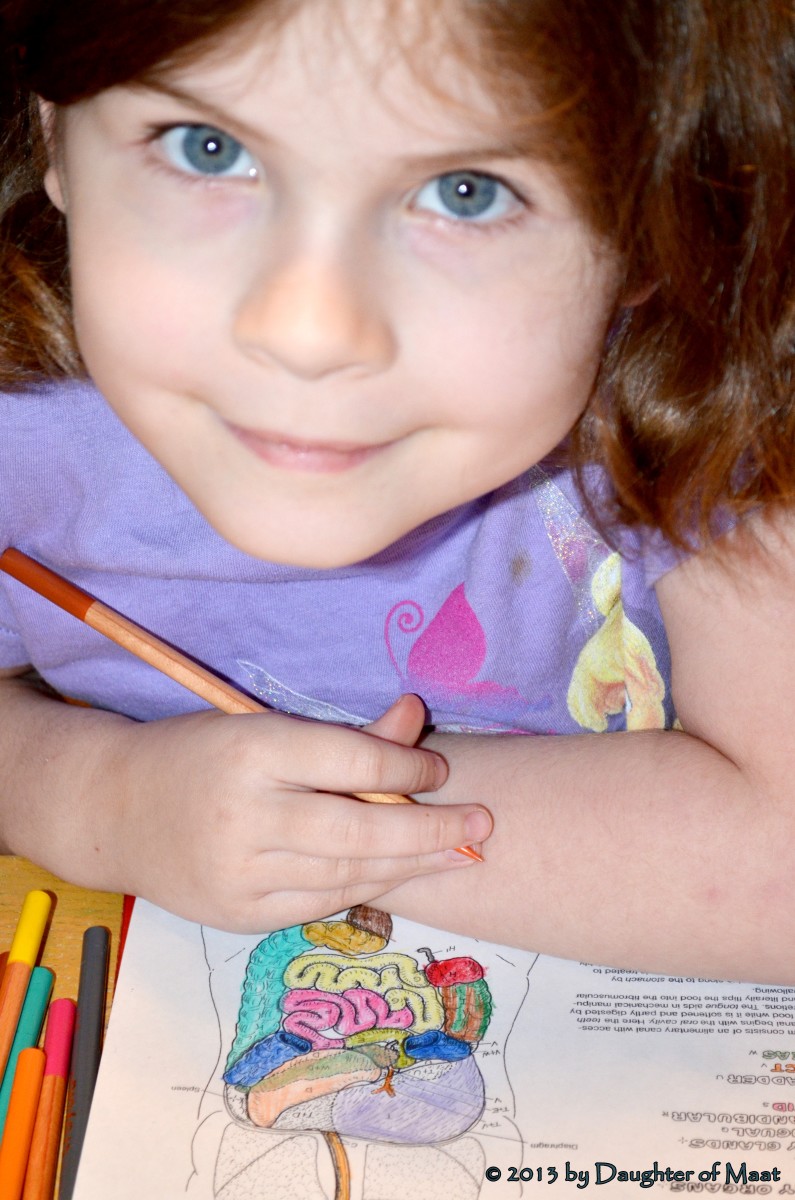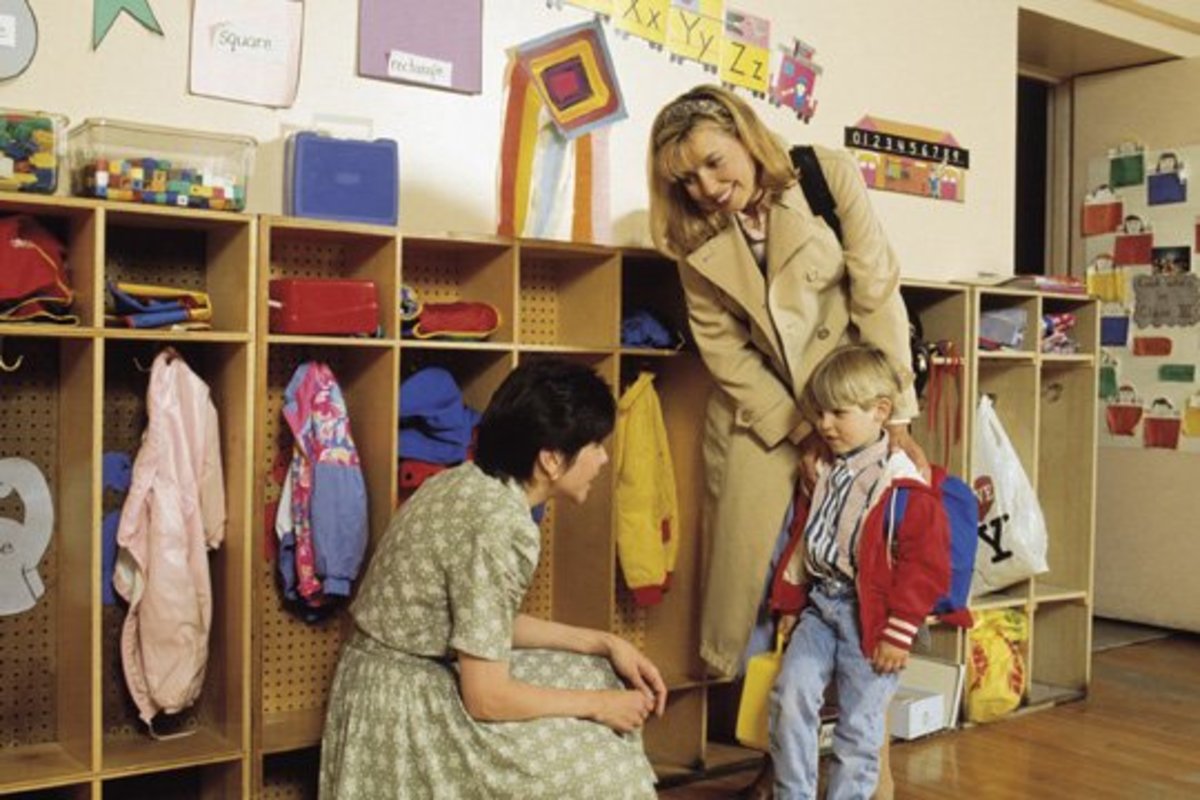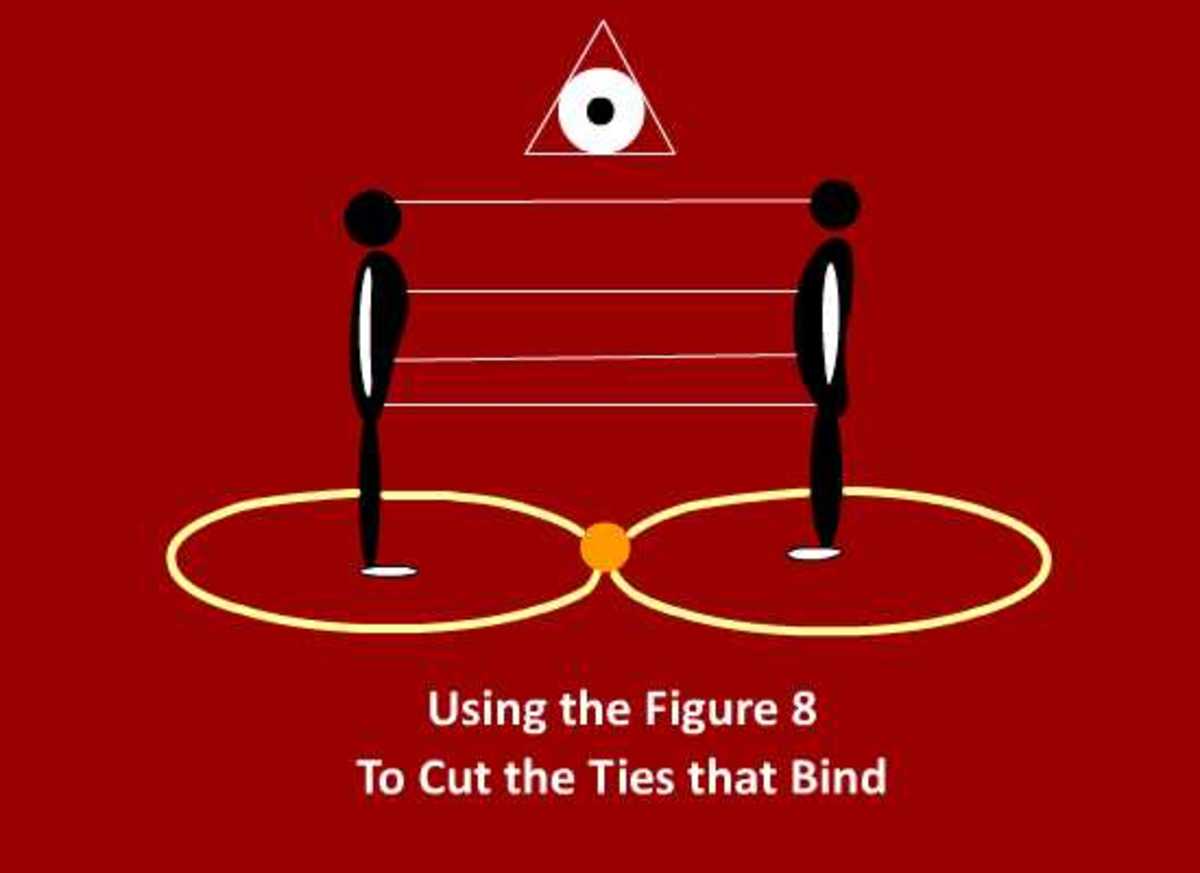ADHD and Anxiety

Attention Deficit Hyperactivity Disorder
ADHD is very common. In a class of 30 children, there will be on the average two or three children with ADHD. But not every child who has trouble sitting still or has difficulty paying attention has ADHD. About ten percent of children who display these symptoms have another problem entirely. These children suffer from an anxiety disorder.

According the latest research, 4% of children and adolescents suffer from separation anxiety and as many as six percent have some other form of anxiety disorder. When these problems go unrecognized and untreated, the child may grow up and join one of the 19 million adults in the United States who regularly suffer from anxiety problems.
Symptoms of Anxiety Disorders
Anxiety is a disquieting feeling of worry, apprehension, fear, or distress. These feelings often occur in normal children, but when they begin to interfere with the child's ability to function, then they can be considered to be a disorder.
The child's anxiety generally manifests in two separate areas, the emotional symptoms and the physical symptoms.
Emotionally, the child will appear nervous and fearful. He may have trouble with focus, concentration, and decision making.
Physically, the anxious child may experience headaches or muscle pains, nausea, sweating, stomach pain, diarrhea, tingling, or weakness. The child may appear to be restless, unfocused, impulsive, and hyperactive.

Misdiagnosis
On the surface the behavior of an anxious child appears very similar to that of a child with ADHD. In fact, as is often the case, many of the anxiety symptoms can be misinterpreted as child behavioral problems or attention seeking behavior that often accompanies ADHD.
The problem is that the behavioral symptoms of anxiety such as poor concentration, hyperactivity, and impulsivity are the exact things that clinicians look for when diagnosing ADHD. For this reason, children with an anxiety disorder are often misdiagnosed as having ADHD.
Typically, the child is brought to his pediatrician, who is usually too busy to give a proper evaluation, and comes out of the office with a prescription for Ritalin, Concerta, or Adderall, which often makes the child's problem much worse. While stimulants help with ADHD, they often make children who are suffering from anxiety more irritable, moody, and more hyperactive.
Telling the Difference
The key to differentiating between ADHD and an anxiety disorder is to look for and to recognize the subtle clinical clues that accompany anxiety.
ADHD children are inattentive. This is one of the hallmarks of the disorder. It is not a conscious choice by the ADHD child and the child cannot control it. He just is unable to pay attention.
An anxious child may also be inattentive, but this is usually because the child is preoccupied by excessive worry, tension, and nervousness. When the child is calm, there are no signs of poor focus.
Anxious children often have physical complaints, such as headaches or stomach aches. ADHD children, when they are not medicated do not have these problems. However, some of the side-effects of drugs such as Ritalin are headaches and stomach problems, so giving your child medication can complicate the picture.
In both ADHD children and anxious children sleeping at night can be a problem. However, anxious children have much more difficulty with fatigue during the day.
Do You Feel that ADHD is Diagnosed too Often?
Do You Feel Many Children are Labeled with ADHD Incorrectly?
What to Do
The most effective treatment for an anxiety disorder is a combination of medication and therapy.
For young children, play therapy may uncover conflicts and worries that come up through the course of normal play. This provides essential clues to the roots of the anxiety and helps the therapist find the best way to treat the anxieties.
Once the source of the anxiety has been identified, the therapist can use behavioral techniques to help the child extinguish his anxiety reactions. The therapist guides the child through the scenarios that cause him anxiety so that the child can extinguish the abnormal reactions he has to normal daily childhood tasks.
Medications are used to help alleviate the anxiety, nervousness, and worry. The newer class of antidepressants, such as Prozac, Paxil, and Zoloft, also help relieve anxiety.

Conclusion
Not every child who is hyperactive, inattentive, and has trouble with impulse control is suffering from ADHD. It is important for you as the parent to realize this, because very often, your child's well meaning school officials and busy pediatrician, are going to assume your child has ADHD, before giving the necessary evaluation.
Anxiety disorder is often very easy to treat, as long as you recognize it for what it is. However, if your anxious child gets mislabeled as having ADHD, he may never get better. Instead, he will have a lot of problems, take a lot of unnecessary medication, and spend years getting treatment for a problem that he does not have.
Important Resources - ADHD Resources
- Child & Teen Discipline FREE CD
Get a FREE CD: The 7 Secrets to Effective Discipline - ADHD Treatment Program
Complete integrated program that shows you how to get the best ADHD treatment for your child. This program will teach you the most effective natural treatments as well as how to incorporate natural treatment with more conventional approaches. - Mayo Clinic
ADHD information from the Mayo Clinic - ADD ADHD Treatment Information
ADHD information and parenting help.
Screening Tests
- ODD Screen
Online test for Oppositional Defiant Disorder. - ADHD Screen
An ADHD screening test from the Amen Clinic
Child Behavior Treatment Programs
- Oppositional Defiant Disorder Treatment
Program for children from the ages of 2-12. Deals with difficult defiant child behavior. - Defiant Teen Program
Excellent new program to help parents with difficult defiant teenagers.









